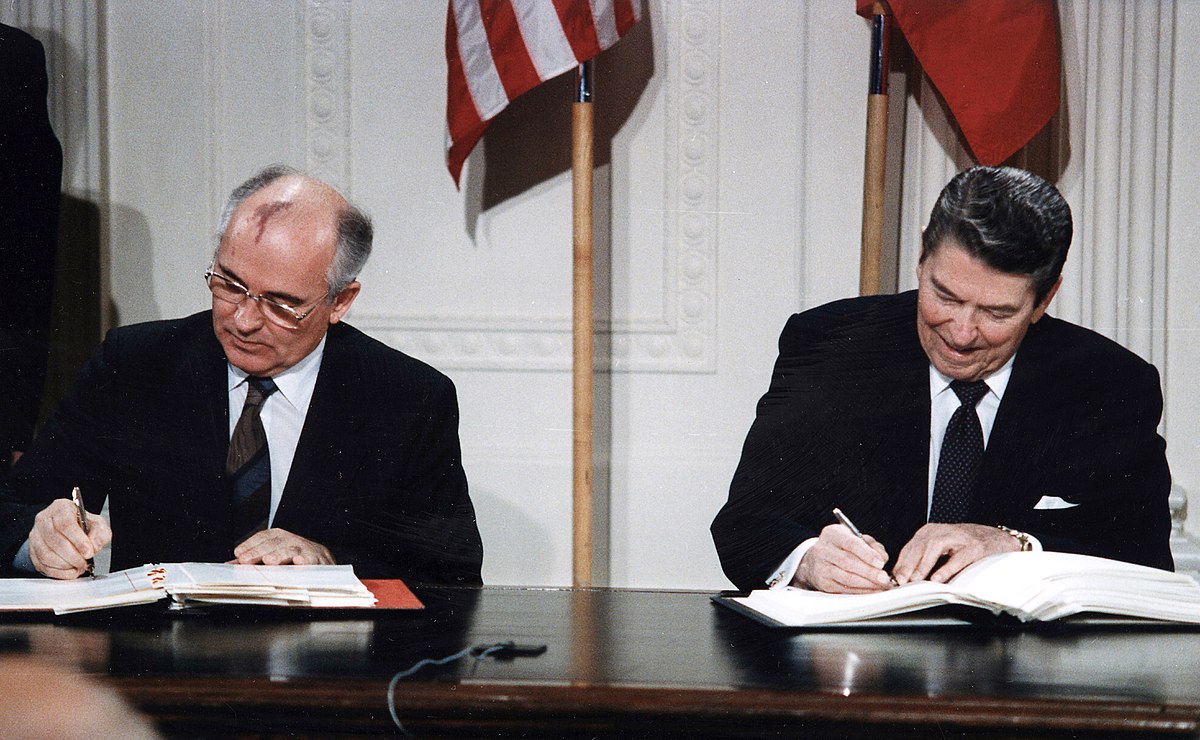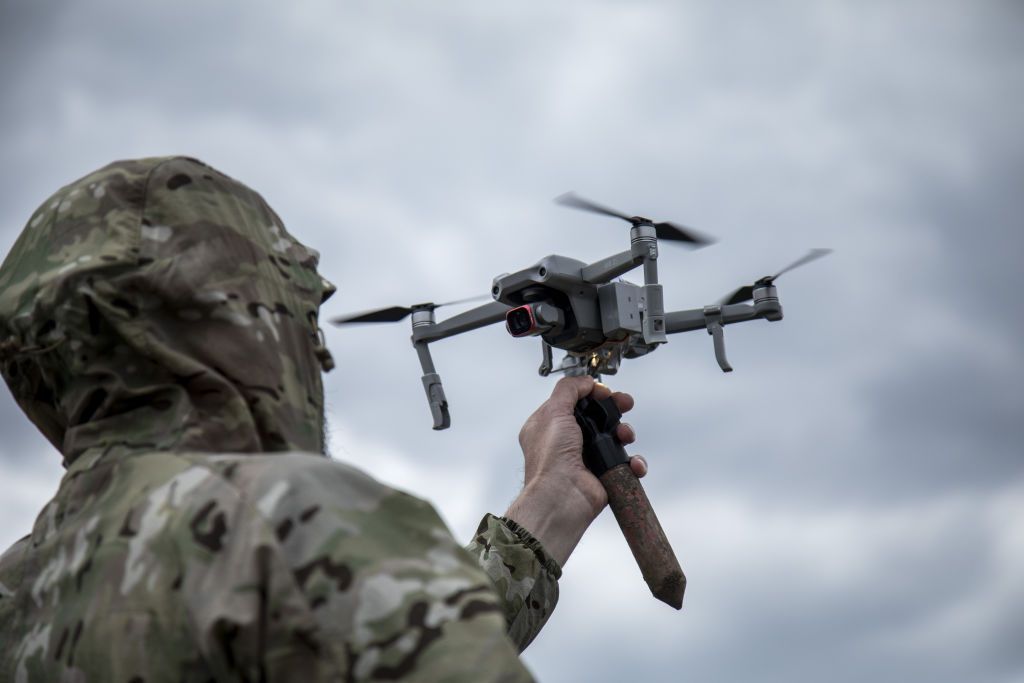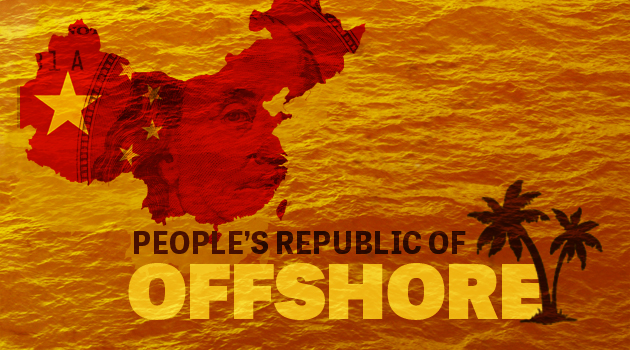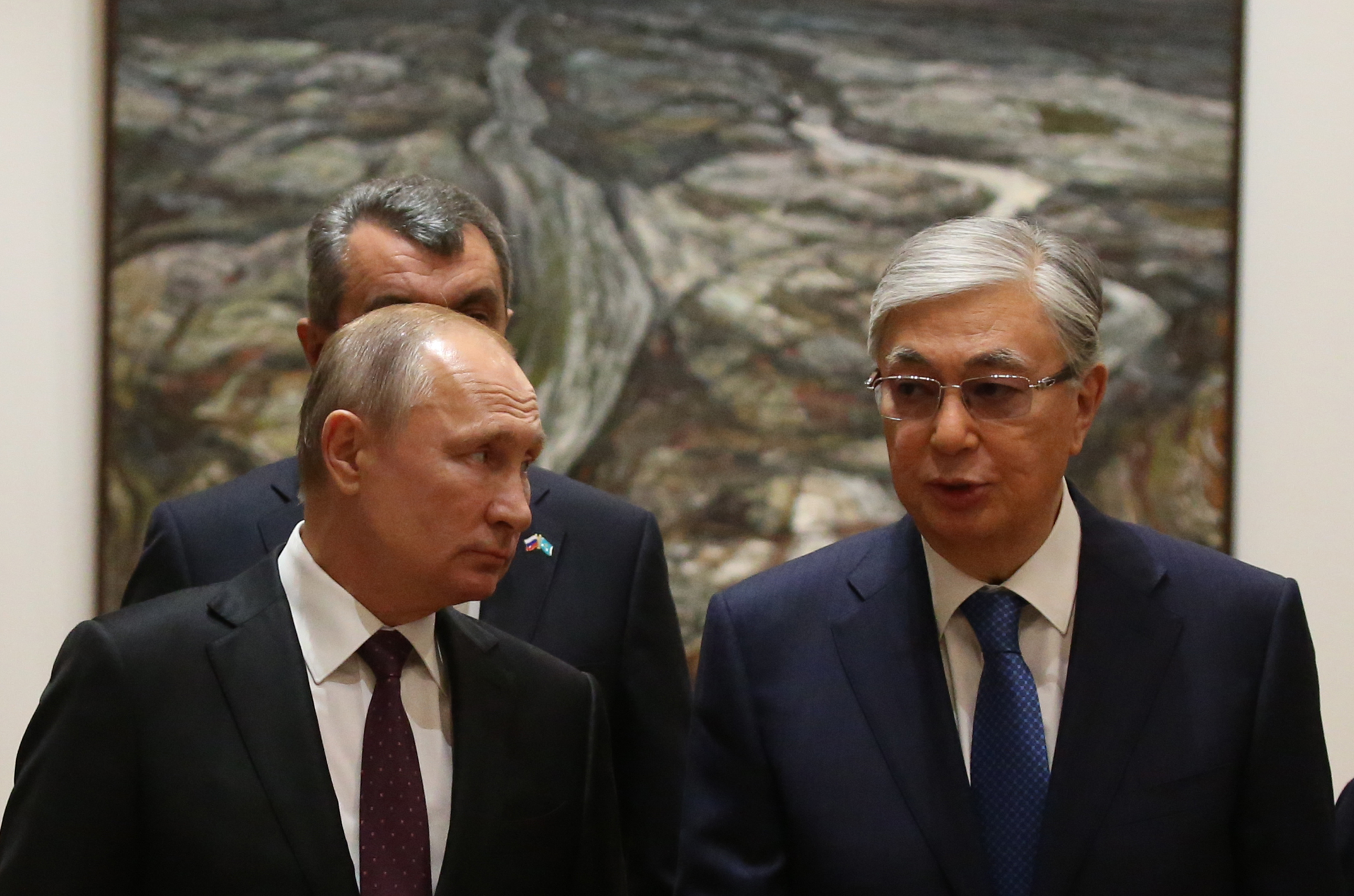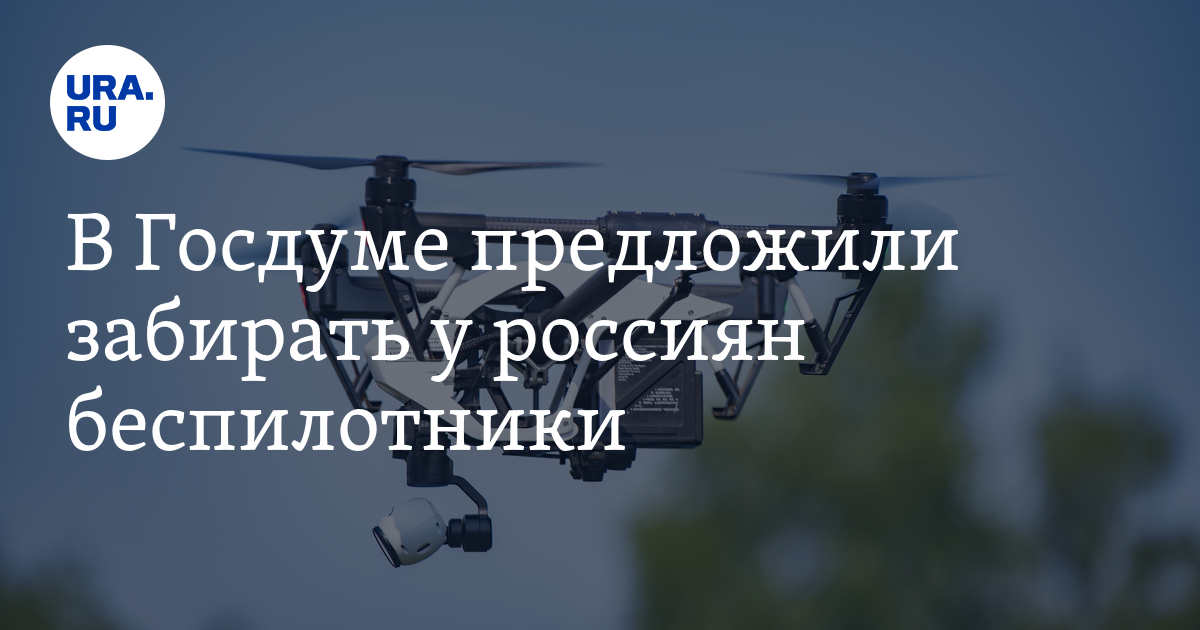DIY-HP-LED
Well-Known Member
First gulf war was UN sanctioned and Canada participated, Iraq broke international law by invading, just like Russia is doing now. NATO partners participated, but not NATO as an organization, the same for Libya, NATO countries participated, but not NATO as an organization. France and Canada got a hard time from Bush for skipping the second bullshit Iraq war. Libya was sanctioned by the UN and was an air campaign with no boots on the ground and like Kosovo was a humanitarian action. As far as Russia is concerned, there are no boots on the ground or planes in the air in Ukraine, but a lot of arms, training and intelligence were given to the Ukrainians. Trying to get NATO to attack anybody is like trying to herd cats! NATO does humanitarian and peace keeping work for the UN like in Serbia.NATO played a very active supporting role during the first Gulf Crisis and War in 1990-1991
Following the Iraqi invasion of Kuwait in August 1990, SHAPE implemented precautionary measures to ensure the security of NATO's Mediterranean members and prevent the spread of tension and conflict.
Such measures included increased coverage of the area by NATO Airborne Early Warning aircraft, deployment of NATO naval forces to deal with any threats to shipping in the Mediterranean, provision of significant logistics and air defence support to Turkey, and the deployment of the Ace Mobile Force (Air) to Turkey in January 1991.
Thus while NATO was not a direct participant in the Gulf War, Allied Command Europe played a major role in supporting those NATO member states threatened by the conflict.
The Libya intervention (2011): neither lawful, nor successful
The intervention in Libya in 2011 was claimed to have been a triumph in two respects: on the one hand the UN Security Council, by passing resolutions 1970 and 1973, had demonstrated its ability to react to humanitarian crises without any of the five permanent members of the council resorting to a veto. On the other hand the concept of humanitarian intervention in its more recent guise of the "responsibility to protect" was seen by some as having finally gained recognition within the international community as a legal concept. More than three years after the intervention it will be argued here that such optimistic claims were premature. It will be shown that the way a coalition of NATO and other states implemented resolution 1973 was not in accordance with that resolution and therefore violated international law. As a direct consequence of this, the Security Council has now reverted to its former paralysis, as Russia and China are, understandably, no longer willing to grant NATO states a mandate for action. This has been most evident in respect of the civil war in Syria. Moreover, developments in Libya since the intervention have done more to discredit the concept of the "responsibility to protect" than any criticism from an international law perspective possibly could.
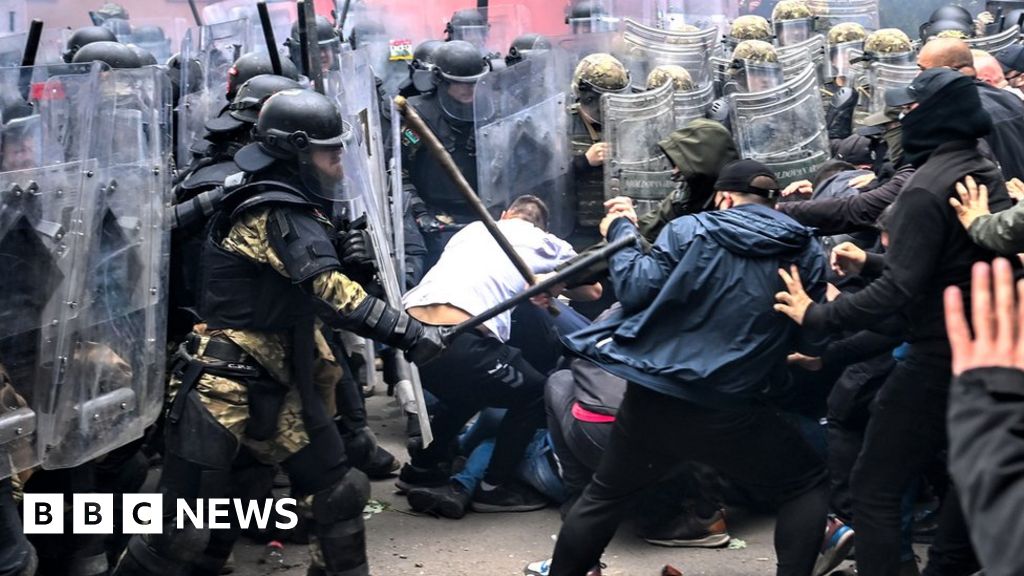
Kosovo: Fresh clashes as Nato troops called in to northern towns
Serb protesters are angry at ethnic Albanian mayors being installed in Serb-majority areas.

